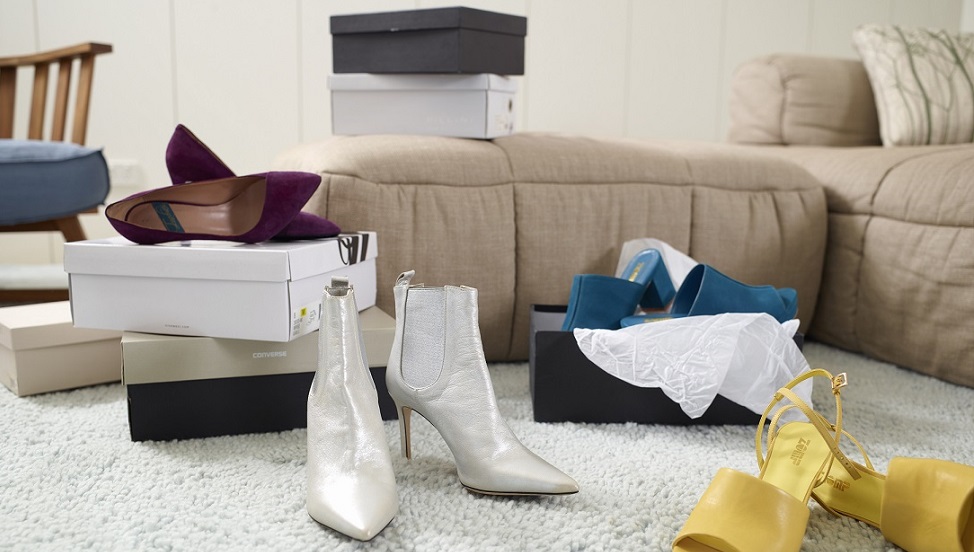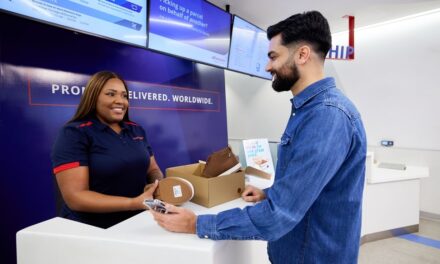
Retail Week: The best way for retailers to respond to the returns issue is to help customers make more informed choices

Three quarters (74%) of shoppers are reluctant to buy from a retailer who has previously charged them to send back an item, according to a YouGov survey for Retail Week’s new ‘How They’ll Spend It 2024’ report which shows where shoppers are prioritising spending and cutting back.
H&M became the latest big fashion retailer to introduce return charges this autumn following brands like New Look, Zara and Boohoo who have also changed their return policies, amidst reports that the end-to-end returns process is costing British retailers £7bn annually.
But Retail Week’s report, published in partnership with global parcel delivery management and shipping software leader nShift, found free returns and deliveries could be key to winning over this year’s Christmas shoppers.
Another two thirds (69%) said they would also prioritise free delivery over items being sent to them more quickly, with only 3% saying same-day delivery was as important to them.
And almost half (43%) said they’ve abandoned a purchase in the past six months because their preferred delivery option was not available.
H&M u-turned in September after it announced it would also charge shoppers who returned online purchases in store; later clarifying that customers would only be charged a £1.99 fee for online returns made to its warehouse.
Lisa Byfield-Green, data and insights director at Retail Week said: “Charging shoppers to return items by post is now relatively commonplace for the sector, but multichannel retailers should ensure that returns to store are always free as customers see brands, not channels.
“The best way for retailers to respond to the returns issue is to help customers make more informed choices. Providing accurate sizing information can help customers feel more confident and beyond that, there are now plenty of technology tools available to retailers to help customers select the right size.
“We have seen avatars deployed on Zalando and also John Lewis’ fashion rental site that allow customers to visualise exactly how a garment will look on them so they can make better decisions. Since deploying avatars in the jeans category, Zalando reported that returns decreased by 10% and customers were less likely to order multiple sizes.
“When returns are necessary, retailers can incentivise customers by charging less for the preferred return option.”
Retail Week’s report also found shoppers are curbing their spending across the board, with half (54%) now trading down and buying cheaper or own-brand grocery items in the run up to Christmas.
Buying food and grocery items was still a priority for 80% of those polled, compared to fashion (15%), health and beauty (12%) and toys and other gifting (10%). Just 5% said they would prioritise buying gadgets and electrics.
36% said also they’re making most of their purchases in physical stores compared to 28% who said they’re shopping mostly online.
Download Retail Week’s new ‘How They’ll Spend It 2024’ report here.










